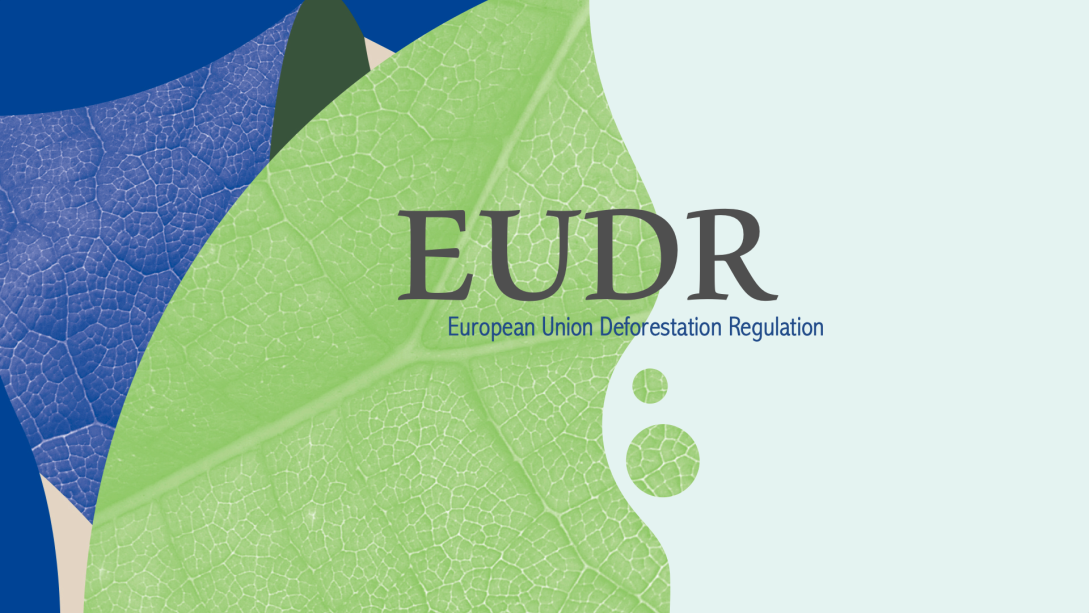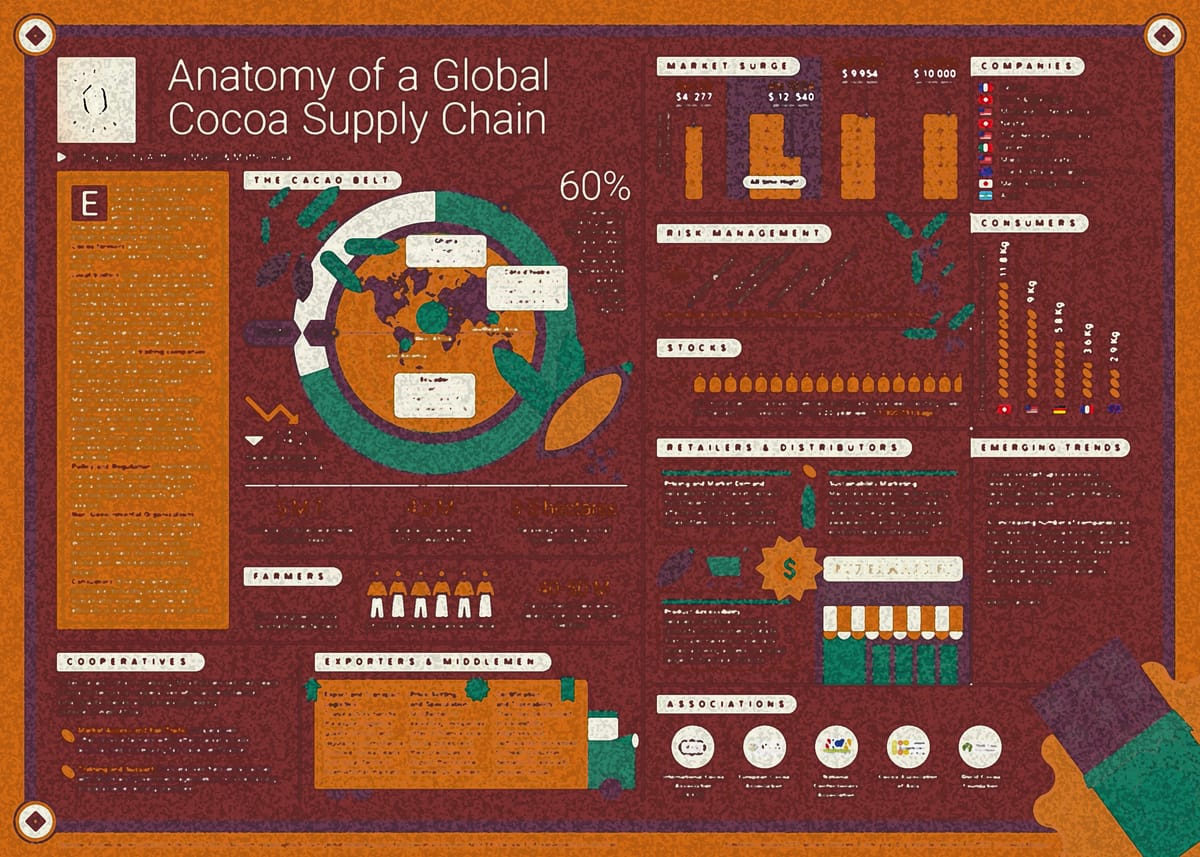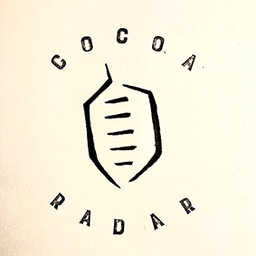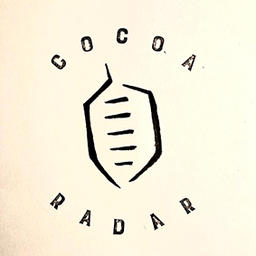To recap, the decision to delay the implementation of the Corporate Sustainability Due Diligence Directive (CSDDD) affects timelines and compliance expectations for companies involved in cocoa production and trade. This means that Corporate Sustainability Reporting Directive (CSRD) reporting will be delayed by two years for those companies that were initially required to report as of 2026 or 2027. Also, CSDDD due diligence measures will be postponed for 12 months.
The CSDDD — particularly its Omnibus proposal — has significant implications for the cocoa sector, especially regarding supply chain responsibility, deforestation, labour rights, and traceability.
An omnibus approach to the regulations was set up under the instigation of European Commission president Ursula von der Leyen to slash red tape and increase competitiveness.
A statement released on behalf of a collective of companies and NGOs - Fairtrade International; Fair Trade Advocacy Office: Ferrero; International Cocoa Initiative; IDH; Nestlé; Rainforest Alliance; Solidaridad; Tony’s Chocolonely; VOICE Network - involved in the cocoa value chain, said it welcomes the aim of simplifying reporting obligations under the Corporate Sustainability Due Diligence Directive (CSDDD) and the Corporate Sustainability Reporting Directive (CSRD).
“But we believe that a number of the proposed amendments to the CSDDD included in the Omnibus proposal published by the European Commission on 26 February will, in practice make companies’ implementation of their obligations more difficult, and undermine some of the fundamental aims of the Directive.”
Environmental due diligence
The statement says the companies and civil society organisations in the cocoa and chocolate sector “have consistently supported the principles behind the EU CSDDD which, we believe, represents an important step forward in driving the necessary transformation of the cocoa and chocolate sector and in making human rights and environmental due diligence the norm in global value chains.
“While the company signatories all have their own programmes addressing key human rights and environmental issues, voluntary efforts by themselves will not be sufficient; legislation that levels the playing field and makes due diligence the norm is needed."
Implications for the cocoa sector
Although the CSDDD is separate from the EU Deforestation Regulation (EUDR), which was also postponed by 12 months, they are complementary. The CSDDD reinforces the responsibility of companies to avoid sourcing from deforested or degraded land. Therefore, cocoa-driven deforestation in countries like Cote d’Ivoire and Ghana is under scrutiny, and companies will need to prove cocoa was not sourced from recently deforested areas, while strengthening mapping and geolocation systems for cocoa farms.

1. Extended Preparation Period
Cocoa companies have additional time to align their operations with the forthcoming due diligence requirements. This extension allows for developing and enhancing systems to monitor and address human rights and environmental risks within supply chains. 
2. Potential Reduction in Compliance Burden
The proposed simplifications may lessen smaller companies' reporting and due diligence obligations. However, this could also lead to inconsistencies in compliance levels across the sector, potentially affecting market dynamics and competitiveness.
3. Continued Advocacy for Robust Standards
Major cocoa and chocolate manufacturers, including Mars, Nestlé, and Ferrero, have reaffirmed their support for a strong EU-wide due diligence framework despite the delay. They emphasize the importance of a harmonized legal structure to ensure fair competition and effective management of human rights and environmental impacts .
4. Risk of a Fragmented Legal Landscape
The postponement may lead to a patchwork of national regulations if member states proceed at different paces or with varying interpretations. This fragmentation could complicate compliance efforts for companies operating across multiple jurisdictions.
Strategic considerations for cocoa companies
- Proactive Compliance: Use the additional time to implement or strengthen due diligence processes, focusing on traceability, risk assessment, and stakeholder engagement.
- Stakeholder Collaboration: Engage with industry peers, NGOs, and policymakers to contribute to the development of practical and effective due diligence standards.
- Monitoring Regulatory Developments: Stay informed about ongoing legislative discussions and be prepared to adapt to potential changes in the directive’s scope and requirements.
Cocoaradar view
Cocoaradar.com maintains that while the EU Parliament’s decision provides a reprieve, it underscores the need for the cocoa sector to maintain momentum in addressing sustainability challenges. Companies should leverage this period to build resilient and responsible supply chains that align with anticipated regulatory expectations.
Read the complete collective statement here.




